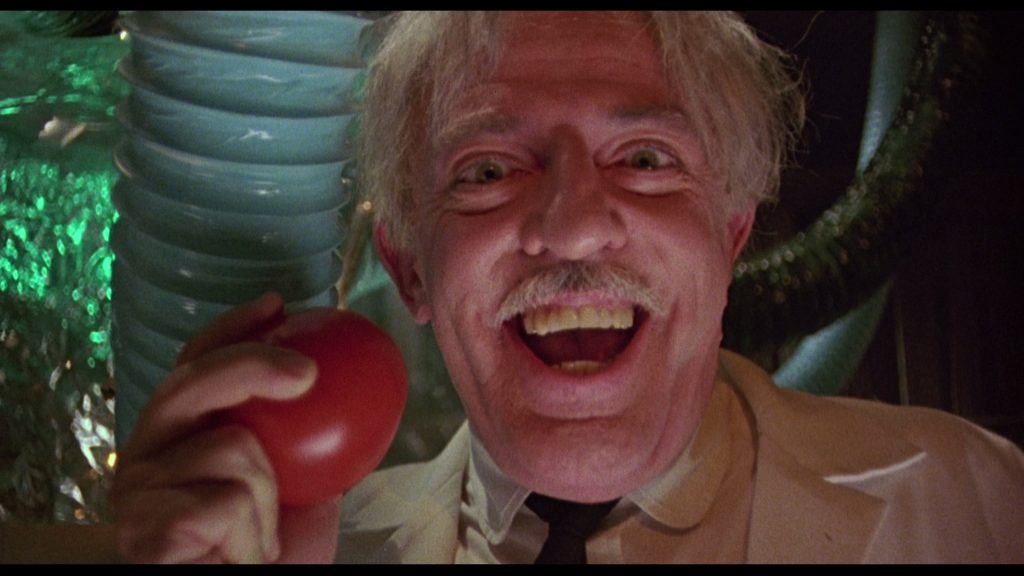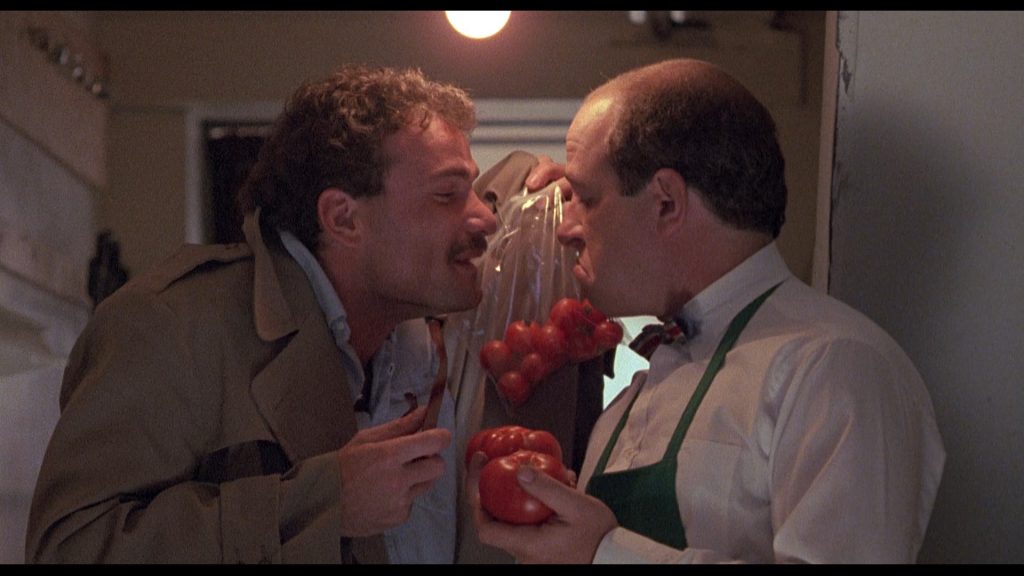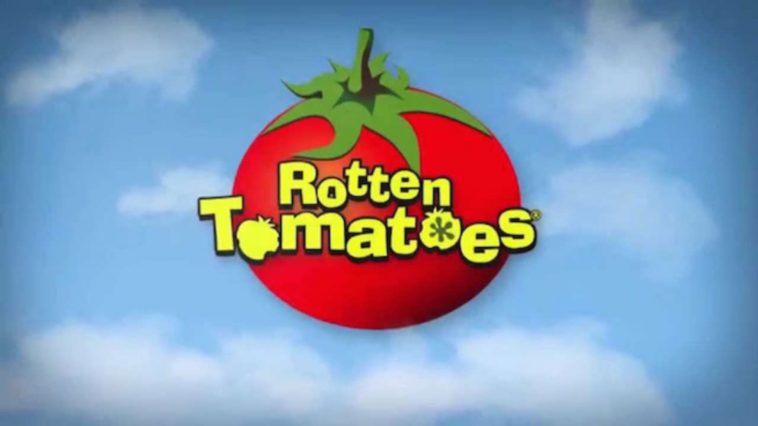 Remember those simpler times when you assessed the quality of a film by reading a couple of newspaper reviews, or even more radically, actually witnessing it first-hand on the big screen? For many cinemagoers now, Rotten Tomatoes is the place to visit to see if a film which has initially sparked their interests is actually worth going to see. If fact, the aggregated site has become so ingrained in the worldwide pop culture psyche that the lead-up to film’s scores being released on there is frequently being turned into a last-minute marketing campaign.
Remember those simpler times when you assessed the quality of a film by reading a couple of newspaper reviews, or even more radically, actually witnessing it first-hand on the big screen? For many cinemagoers now, Rotten Tomatoes is the place to visit to see if a film which has initially sparked their interests is actually worth going to see. If fact, the aggregated site has become so ingrained in the worldwide pop culture psyche that the lead-up to film’s scores being released on there is frequently being turned into a last-minute marketing campaign.

This has been both a blessing and a curse for studios (how many waited in anticipation recently to have their fears confirmed when Justice League’s paltry 40% was revealed?). While Rotten Tomatoes is considered a useful tool from the public’s perspective, many industry figures have voiced their concerns about the site, with one Martin Scorsese being the latest to chime in on the debate. He had the following to say about the site and CinemaScore (an audience-led survey site): “The horrible idea they reinforce [is] that every picture, every image is there to be instantly judged and dismissed without giving audiences time to see it.”

It’s easy to see where this worry is coming from, particularly by those who give their blood, sweat and tears over to a time-consuming, years-in-development project, only to see it dismissed before it’s had the proper opportunity to prove itself to the paying public. Despite the fact that many cineastes are also on Scorsese’s page when it comes to the site’s harmful effects in distilling a film down to a score, the fact remains that in this content-heavy era – where at seems like leisure time is at even more of a premium – many viewers want some kind of instant marker, regardless if it ultimately fails to provide an actual watertight informative guide.

Is there an answer that could appease both sides? Unlikely. As the cost of a cinema ticket averages around £10 throughout the country, audiences are also well within their rights to do a little research before they hand over their hard-earned cash, particularly if it involves a large family outing. With that in mind, Rotten Tomatoes might be a necessary evil to help ensure that the cinema experience thrives, even if it is perceived to be detrimental to the aims of the artists creating the product.

Luckily, time has proved that plenty of wonderful films that failed to make an impact at the cinema – be it from negative review or audience inertia – have been rediscovered on the small screen, some to huge fanfare. This will undoubtedly continue as the cream always rises to the top eventually and those films will be recognised for their greatness without a big red tomato symbol as some kind of shorthand quality barometer.








Leave a Comment